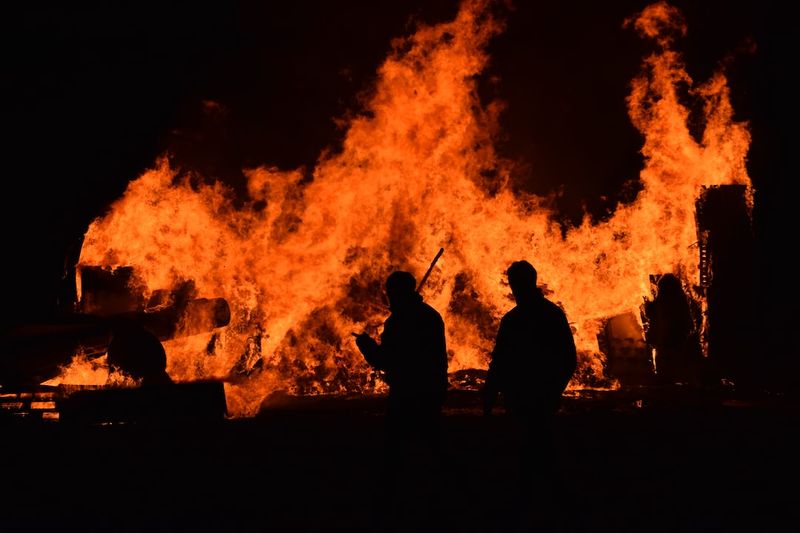Wildfires in Quebec Lead to Poor Air Quality
Overview
Quebec is currently facing a difficult situation as it grapples with more than 150 wildfires, resulting in hazy, smoky conditions across the province. Environment Canada issued a widespread smog warning that indicates a potential deterioration in air quality due to high concentrations of fine particulate matter from forest fires. This can result in poor air quality, especially in regions like Abitibi-Témiscamingue, Saguenay-Lac-Saint-Jean, Gatineau, Lanaudière, and the Laurentians. The greater Montreal area will also experience the impact, starting from the afternoon of today, and these high concentrations of pollutants are anticipated to continue until Tuesday.
Implications and Concerns
Environment Canada said smog has an adverse effect on children and people who have respiratory illnesses or heart disease. As a result, they should not engage in intense physical activity outside until the warning is lifted. The situation has become more severe due to raging forest fires that recently occurred in northwestern Quebec, forcing thousands of people to evacuate their homes. With the number of blazes exceeding 150, Canadian military and firefighters have both intervened in certain areas of the province to help fight the advancing flames.
Editorial and Advice
Although wildfires are often natural occurrences, their extreme frequency in recent years indicates that climate change is exacerbating them. In this case, Quebec‘s wildfires have detrimental effects on the environment and human health, and the entire country must take action to prevent future wildfires and limit the danger of poor air quality. In addition, the Quebec government should continuously monitor air quality and establish emergency protocols to reduce the spread of wildfires. During the current situation, individuals should heed the smog warning, avoid outdoor activities, and remain indoors whenever possible. People who have respiratory illnesses or heart disease must be more cautious and follow their prescribed medication. Furthermore, the government should implement environmental policies to reduce air pollution levels, and there should be sufficient funding for firefighters and all necessary equipment to ensure they can handle wildfires when they arise.
Conclusion
In conclusion, Quebec is presently experiencing smog and air pollution resulting from more than 150 wildfires raging across the province. The situation is severe, particularly for children and people with respiratory illnesses or heart disease, and it requires careful handling by the government, emergency authorities, and residents alike. The impact of climate change cannot be ignored anymore, and we must take prompt action to prevent wildfires and preserve the environment and the public’s health.

<< photo by Issy Bailey >>




